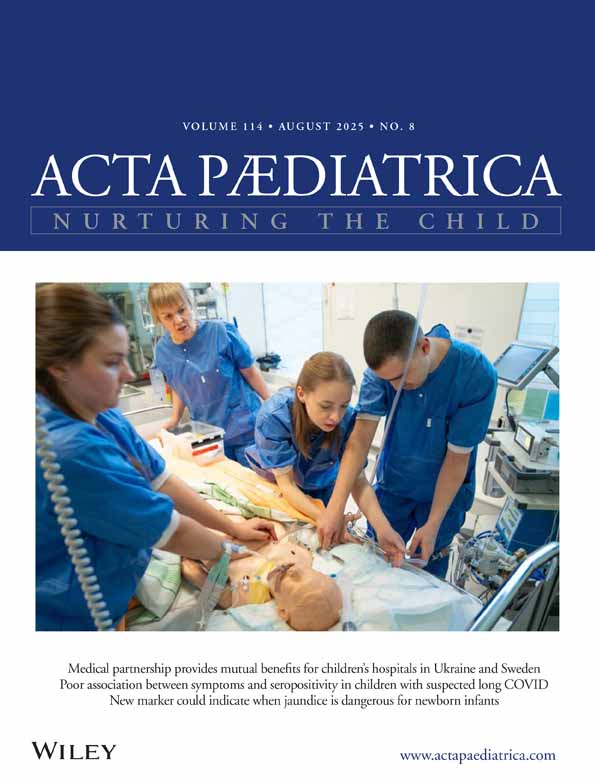EFFECT OF PASTEURIZATION AND OF FREEZING AND THAWING HUMAN MILK ON ITS TRIGLYCERIDE CONTENT
Abstract
ABSTRACT. Wardell, J. M., Hill, C. M. and D'Souza, S. W. (Department of Child Health, St. Mary's Hospital, Manchester, UK). Effect of pasteurization, and freezing and thawing human milk on its triglyceride content. Acta Paediatr Scand, 70:467,.–In a study of human milk collected for banking, heating at 62.5°C for 30 min, and freezing and thawing resulted in hydrolysis of triglycerides. Freezing and thawing caused disruption of fat globules and a greater hydrolysis of triglycerides than did the heating process. There was a decrease in the percentage of the poly-unsaturated fatty acids linoleic acid (C18:2) and linolenic acid (C18:3) after freezing and thawing, and after heating, but the other fatty acids of human milk triglycerides were not affected. It is suggested that the availability of linoleic and linolenic acid in milk declines when these procedures are used in human milk banking.




